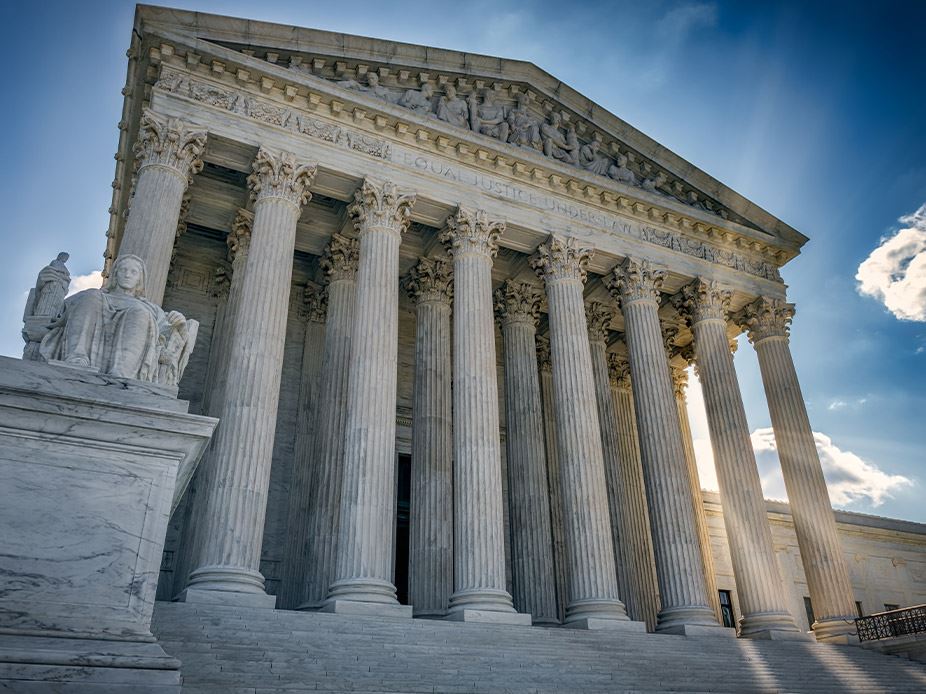Illinois appellate courts have been busy with FOIA cases this summer. Both the First and Second District issued opinions that public bodies should be aware of – both cases ruled in favor of the public bodies, but concurring and dissenting opinions made clear that the justices were not happy about how the public bodies handled the underlying requests.
In Edgar County Watchdogs v. The Will County Sheriff’s Office, the plaintiff requested 911 calls and reports regarding a series of events. The Sheriff’s Office granted the request in part and denied it in part. It provided activity reports and a police report (with various redactions). It denied the request for 911 calls. The Sheriff’s Office claimed that the 911 recordings were confidential statements pursuant to Section 7(1)(d)(iv) of FOIA in that they were provided by individuals who file complaints with or provide information to law enforcement. It further stated that the calls could not be altered or redacted in a manner to protect the caller’s identity through identifying the speaker’s voice, and that it lacked the computer software to mask the caller’s voice.
On appeal, the court agreed. It noted that Illinois law has long held that FOIA does not require the creation of a new record, but that merely redacting material or scrambling the data is not in itself the creation of a new record. In this case, however, because the Sheriff lacked the ability to de-identify the vocal characteristics of the caller, the call was the only available form of the record. Because the trial court previously ruled that the caller’s voice and tonal qualities are exempt, the calls themselves were also exempt. According to the court, transcribing the recording would constitute the creation of a new record, and not merely alter or redact the original record.
Similarly, in Chicago Recycling Coalition v. City of Chicago Department of Sanitation, the plaintiff requested records regarding private refuse collection and residual rate and contamination data. The Department of Sanitation produced certain records, but the plaintiff was not satisfied and sued. During the proceedings, an affidavit was produced stating that the Department relies on the private collectors to submit the required reports, and that while responding to this request, it searched the designated folder where those reports are stored. Regardless, the plaintiff was not satisfied because a number of private collectors failed to submit reports and argued that the Department was obligated to contact those collectors.
The court ruled that the Department conducted an adequate search and that there was no evidence that the missing reports ever actually existed. The lack of evidence that the reports even existed was an important distinction to other cases where there was evidence that records were in the hands of third-parties and the public body failed to contact the outside party.
While both public bodies were successful at the appellate court level, it is important to note that the concurring and dissenting opinions had strong statements regarding their actions. In Edgar County Watchdogs, the dissent acknowledged that the recordings themselves may have been exempt, but that FOIA specifically provides that it “is a primary duty of public bodies to the people of this State, and this Act should be construed to this end, fiscal obligations notwithstanding.” The Sheriff even acknowledged that the equipment exists. Because the equipment exists, the dissent argues that the Sheriff had an obligation to obtain it and produce the material – it was merely a financial consideration that barred its use. The dissent would hold that producing a transcript of a recording is not the same as creating a new record. The transcription reproduces the exact content of the calls.
In Chicago Recycling Coalition, the concurring opinion noted that the Department dropped the ball on the data and reports. The private collectors were obligated to produce those reports pursuant to the recycling ordinance. The data should have existed and the concurring justices felt that the Department should have asked for the reports from the noncompliant vendors.
What does it mean? Public bodies are succeeding even under imperfect scenarios. Courts are supporting narrower interpretations of FOIA that can be beneficial to public bodies. However, those same public bodies are being reminded that they report to the public and should take the extra steps to demonstrate it.
The attorneys at Airdo Werwas, LLC are available to consult with you on any matter involving your FOIA. If you have any questions or concerns about any issue involving FOIA, or any other local government matter, please do not hesitate to contact the lawyer you regularly work with at the Firm or contact Matthew Walters at mwalters@airdowerwas.com.


